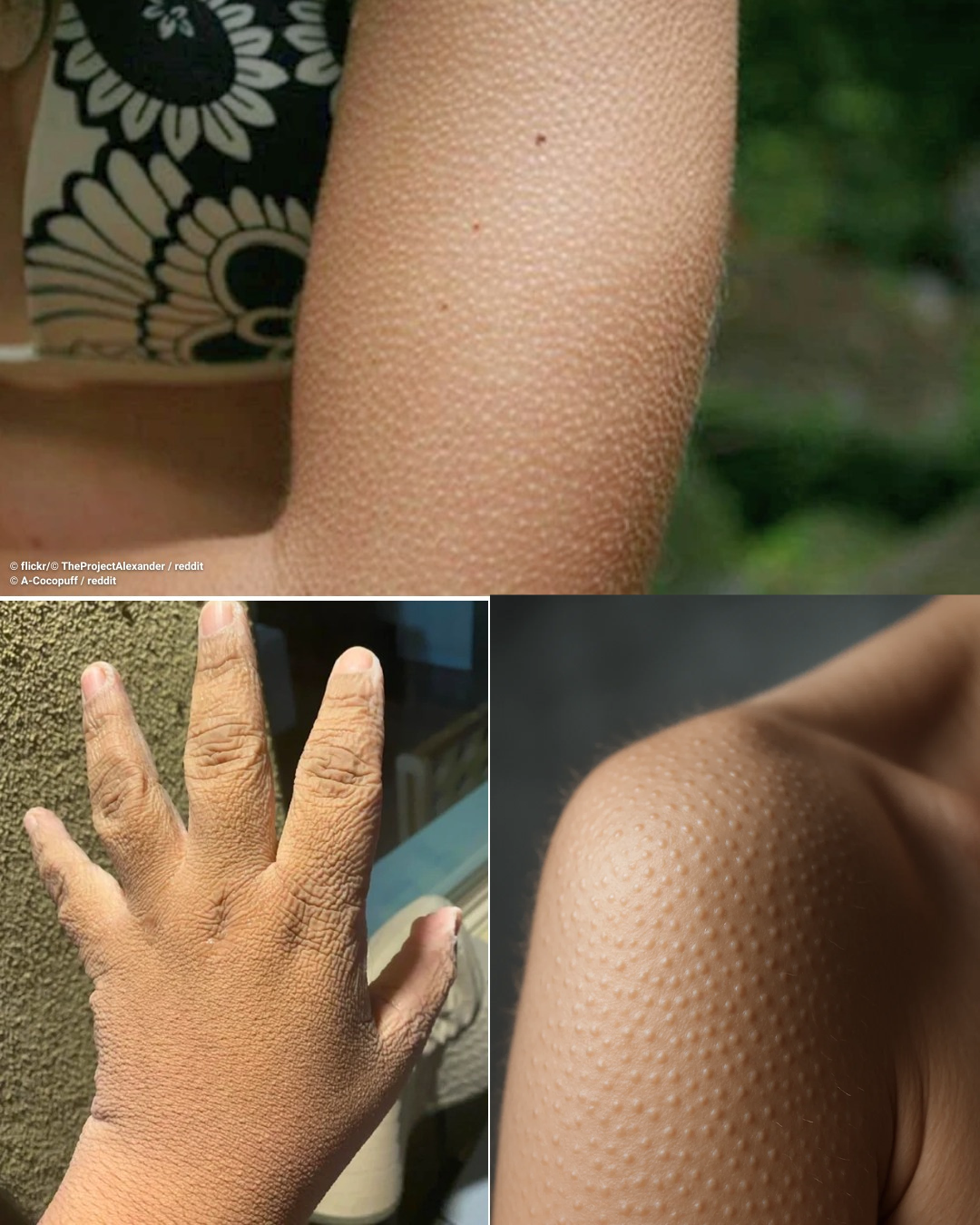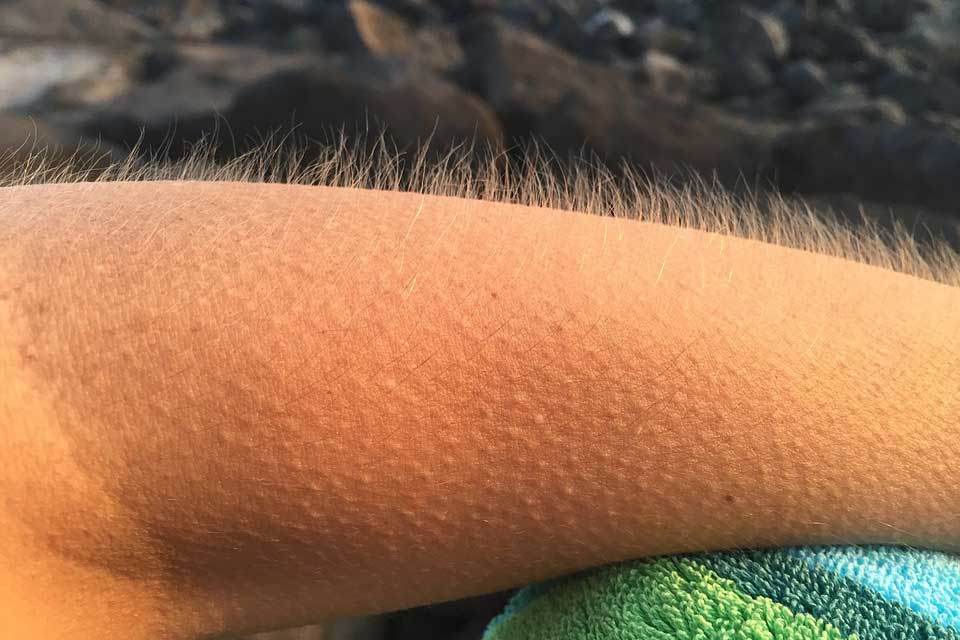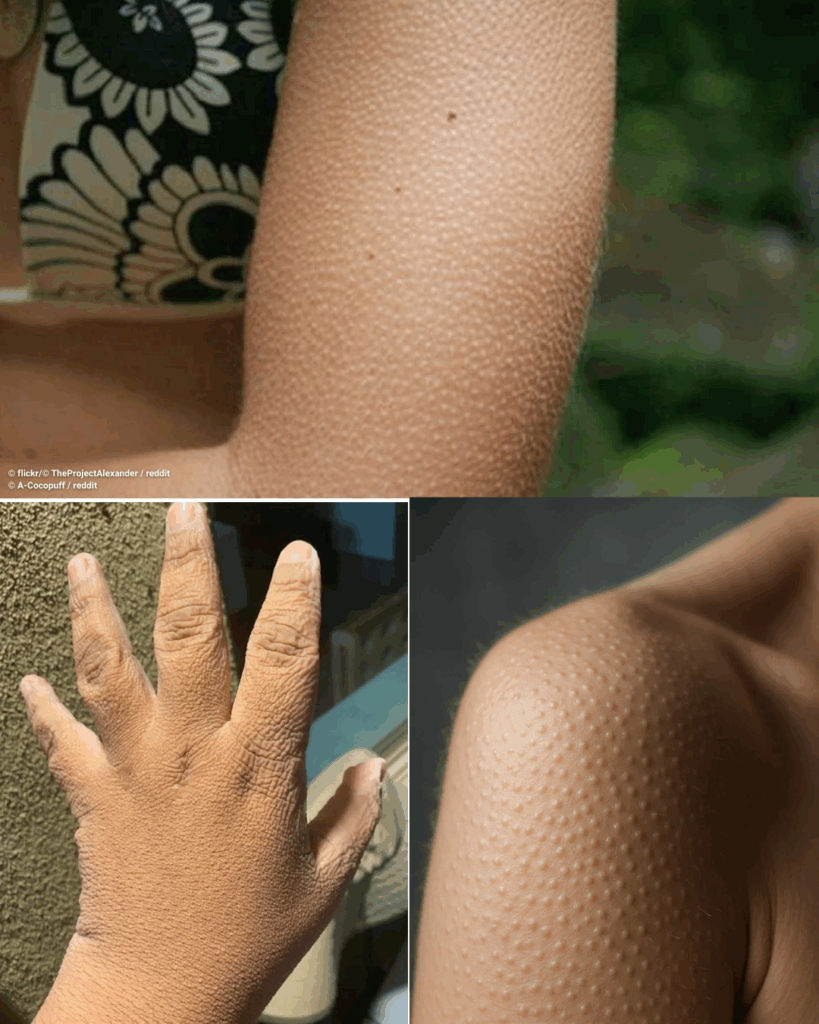Our bodies are intricate masterpieces made up of countless biological systems and cycles, all working in harmony. Yet, many of these processes are so complex that we rarely understand what’s truly happening beneath the surface. Among them, one of the most fascinating is the body’s built-in system of defense mechanisms — a silent guardian that operates around the clock, protecting us from countless internal and external threats.
Below are nine amazing examples of things your body does naturally — actions you might never have realized were part of your body’s defense system.

1. Yawning
Yawning isn’t just a sign of boredom or tiredness. Its primary purpose is to cool down the brain when it becomes overheated or overstimulated. By drawing in a deep breath of air, your body helps regulate brain temperature, keeping your mind sharp and balanced.
2. Sneezing
Sneezing acts as a powerful cleaning mechanism. Whenever dust, allergens, microbes, or other irritants accumulate in your nasal passages, your body triggers a sneeze to expel this unwanted debris. In other words, every sneeze is your body’s natural way of keeping your respiratory system clear and safe.
3. Stretching
The urge to stretch first thing in the morning is more than a habit — it’s instinctive. Stretching helps your body prepare for physical activity, reactivating muscles that have rested during sleep. It also improves blood circulation, enhances flexibility, and boosts your mood by signaling to your brain that it’s time to wake up and move.
4. Hiccups
Hiccups occur when we eat too fast, swallow food that’s too large, or simply overeat. These actions can irritate the vagus (pneumogastric) nerve, which connects the stomach and diaphragm. The result is an involuntary contraction — the hiccup — which is your body’s way of alerting you to slow down and let your digestive system recover.
5. Myoclonic Jerks (The “Falling” Sensation Before Sleep)
Have you ever felt your body suddenly jolt just as you were drifting off to sleep? This reflex, known as a myoclonic jerk, is completely normal. When you begin to fall asleep, your breathing slows down much faster than your pulse, and your muscles relax. Your brain, however, sometimes misinterprets this as a sign of danger — even death. In response, it sends a quick electrical shock through your body to “wake” you, ensuring your safety.
6. Wrinkled Skin in Water
When your hands and feet wrinkle after being in water, it’s not just a random reaction — it’s a biological adaptation. The skin wrinkles to improve your grip in wet or slippery environments. Essentially, your body recognizes the increased moisture and adjusts the skin’s surface to prevent accidents and help you hold onto objects more securely.

7. Memory Loss
Sometimes, after a traumatic or deeply distressing experience, we lose parts of our memory. This isn’t a flaw in the brain — it’s a psychological defense mechanism. By suppressing or erasing the most painful memories, the brain protects us from reliving extreme emotional pain, allowing us to continue functioning normally.
8. Goosebumps
Those tiny bumps that appear on your skin when you’re cold or emotional serve an ancient purpose. Goosebumps help conserve body heat by tightening the pores, reducing heat loss through the skin. In early humans, this reflex also made body hair stand upright, which helped trap warmth and made them appear larger to predators.

9. Tears
Tears play both a physical and emotional role in protecting us. Physically, they shield the eyes’ mucous membranes from dust, debris, and irritation. Emotionally, crying acts as a form of release — a way for the body to divert attention from emotional pain by creating a new, physical stimulus. Scientists believe this “emotional defense” helps restore emotional balance and reduce stress.

Our bodies are nothing short of extraordinary. Every second, they work tirelessly to protect, heal, and adapt — often without us even realizing it. So the next time you sneeze, yawn, or shed a tear, take a moment to appreciate the incredible intelligence built into your biology.
Your body’s got your back — always.

